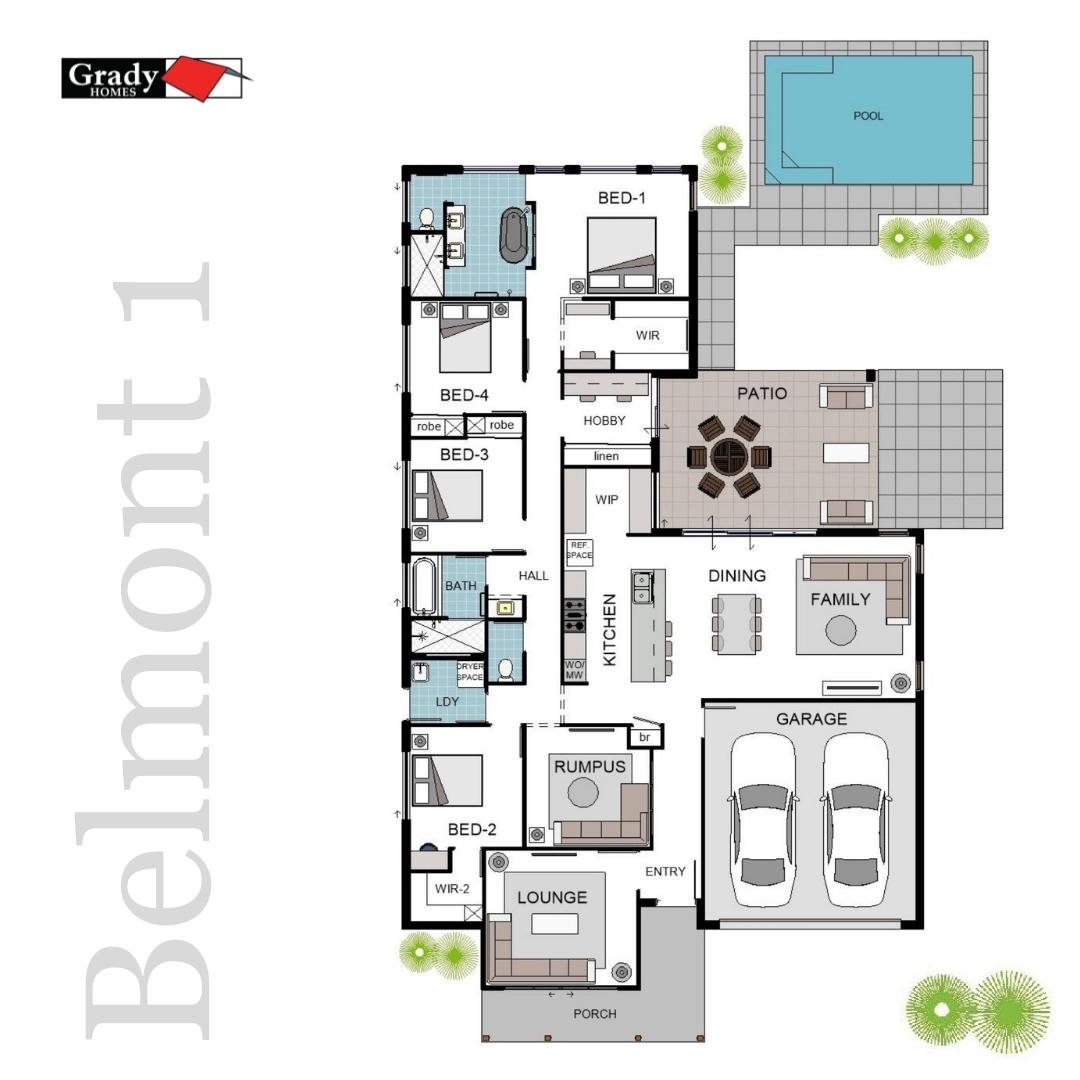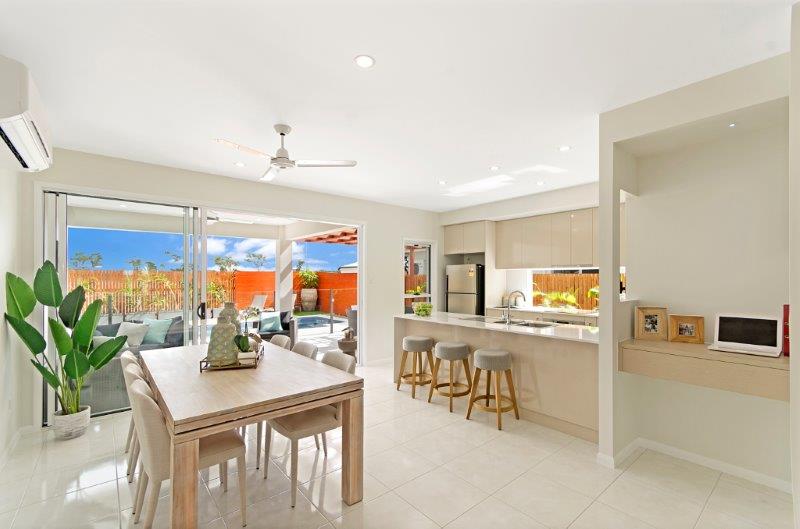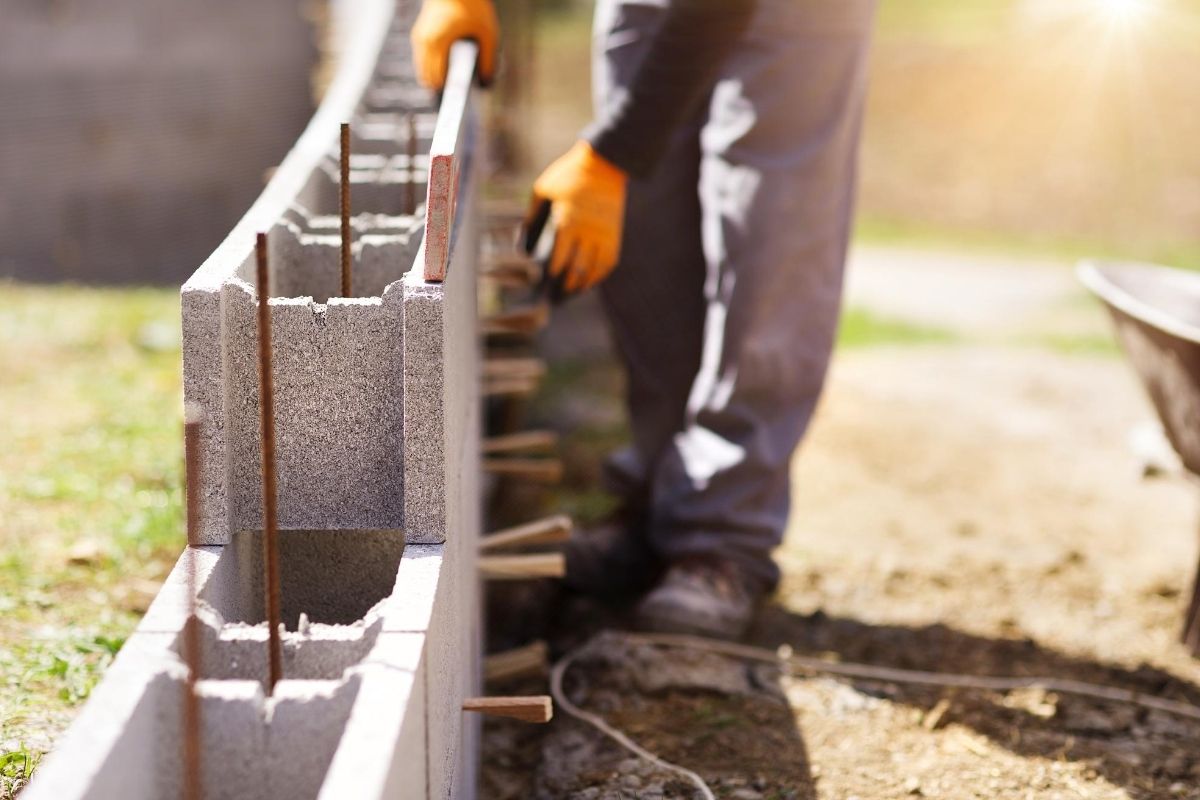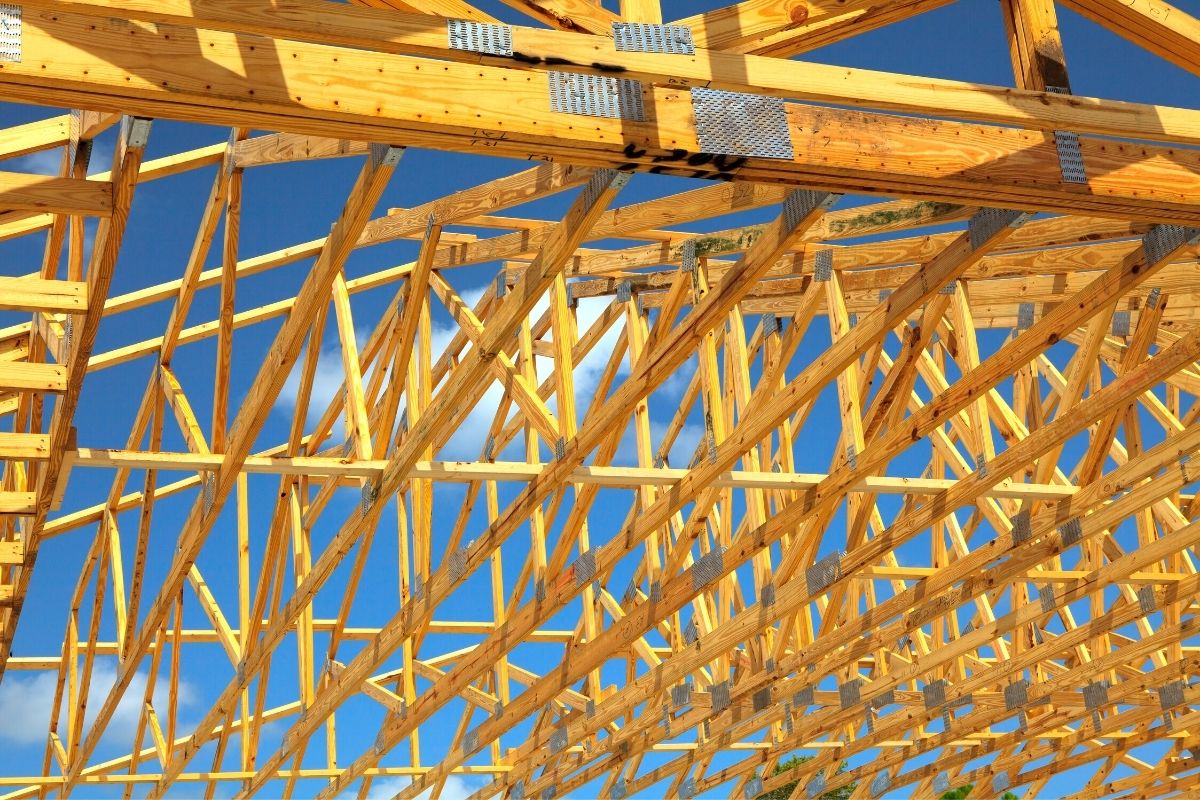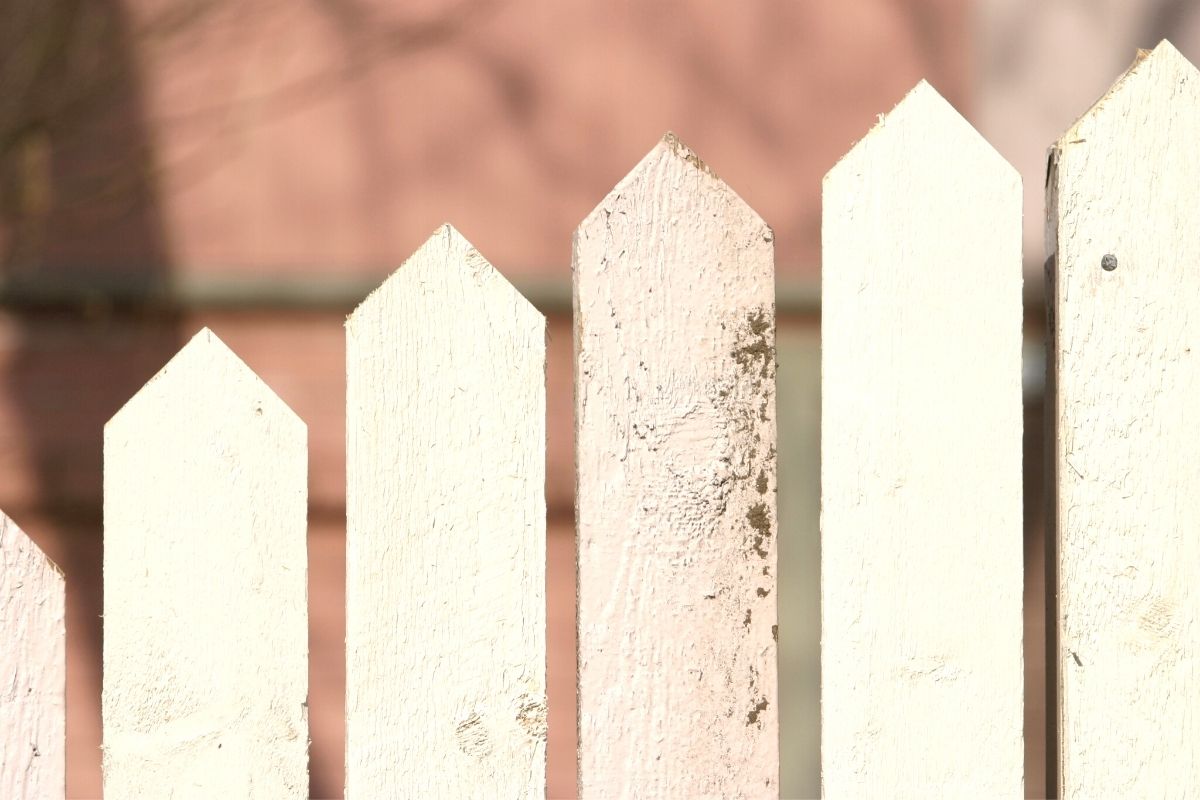Soil type is a vitally important consideration when building a house. The type of soil you build on can have detrimental structural affects many years after the house is built unless allowances are made for it during planning.
It is important to test the soil on your chosen block of land to determine the type of slab and footings required to build your home. Ensuring our homes have the correct foundations to secure them into the land they sit on is one of the most critical factors in our planning and building process. After all, we want our homes to be strong and stand the test of time.
Prior to construction we engage qualified professionals to carry out a formal site investigation. This involves drilling bore holes to classify the soil type, as well as a visual inspection of the site to see if there are any other factors that could affect the design requirements of the footings and slab.
Soil types are normally classified based on how much movement there is as the soil gets wet and dries out. This movement is referred to as the reactivity of the soil. Reactive soils absorb water and change in volume. Water can also cause erosion of some soils. Both scenarios can increase likelihood of foundation and building damage years down the track.
Soil types are determined to be S slightly, M moderately, H highly or E extremely reactive.
The most common soil type in the Townsville region is H. However, we have found that there are some blocks of land in Townsville estates that have less reactive sites, and on occasion we discover an E type site.
Soil testing is included in your building contract with Grady Homes.
Bearing Capacity
Another factor which can affect the soil classification is its bearing capacity. For example, if you built on a sand dune, the soil would not be very reactive but it would be very soft and footings would need to be designed accordingly.
Also, if there was fill put on the site that had not been compacted properly, this too would create structural problems.
Home sites with low or questionable bearing capacity will typically be classified as P – problem sites.
What does the soil type and bearing capacity mean for your build?
Bigger and more expensive footings may be required the more reactive the soil type is.
We engage a fully qualified engineer to design the footings for your house to minimise the impact of reactivity and bearing capacity based on the findings in the soil report (and numerous other factors).
Determine Soil Type Before Construction
Once the soil classification report is received, it is used to engineer the appropriate foundation design.
Your Grady Homes House Quote Document will clearly show what soil types will be covered with no additional cost. Typically that will be all soil types up to H1.
We occasionally get a H2 soil type, and in the some circumstance your chosen block of land may even return a result of an “E” or “P” type. When this happens your Grady Consultant will work with you to help you understand any additional costs that may be involved in preparing your foundation for the determined soil type, and help you determine what options are best for you before the build proceeds.
Some people prefer to engage us to carry out the soil test before we present the final quote. This is a simple process and is something we encourage.
For more assistance with understanding soil testing, please contact us.

